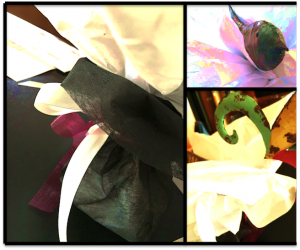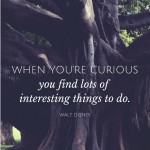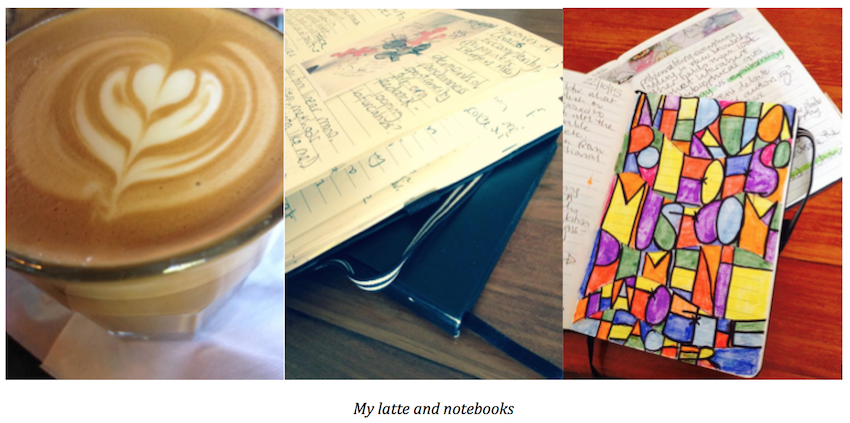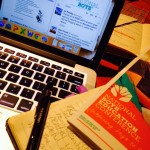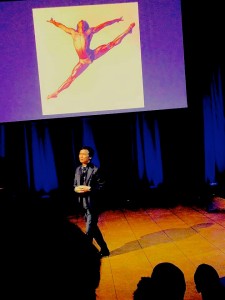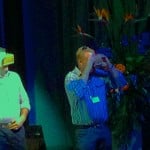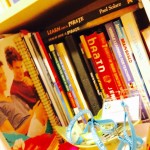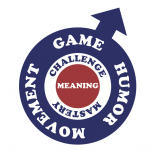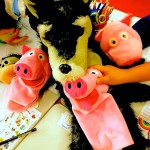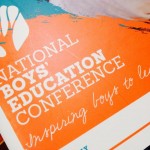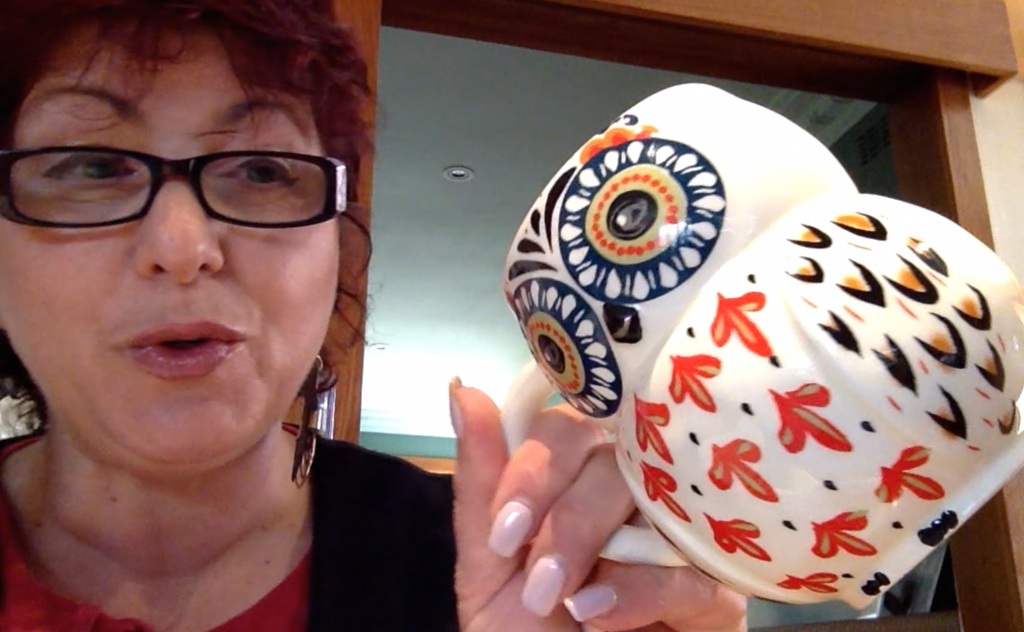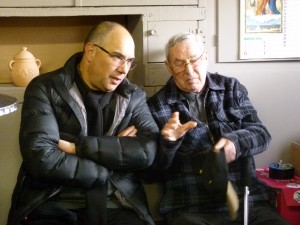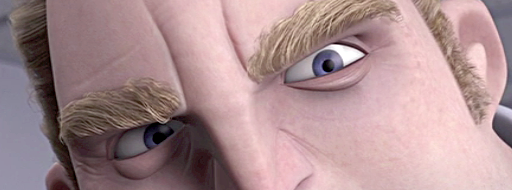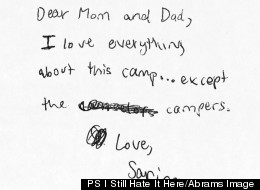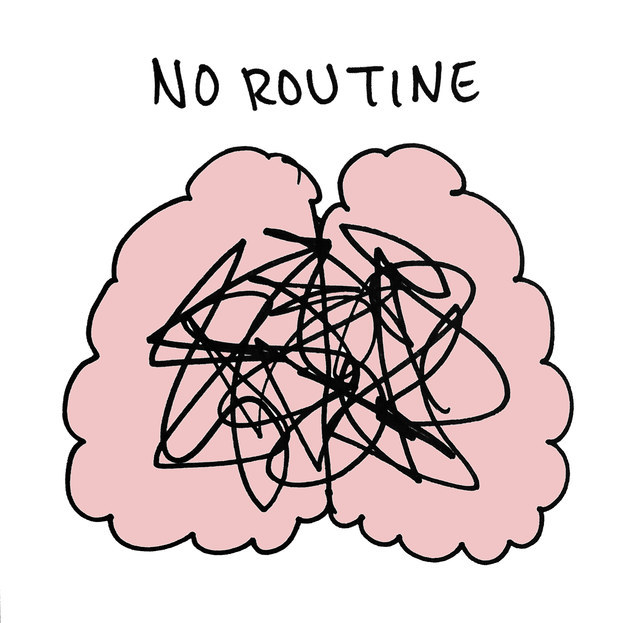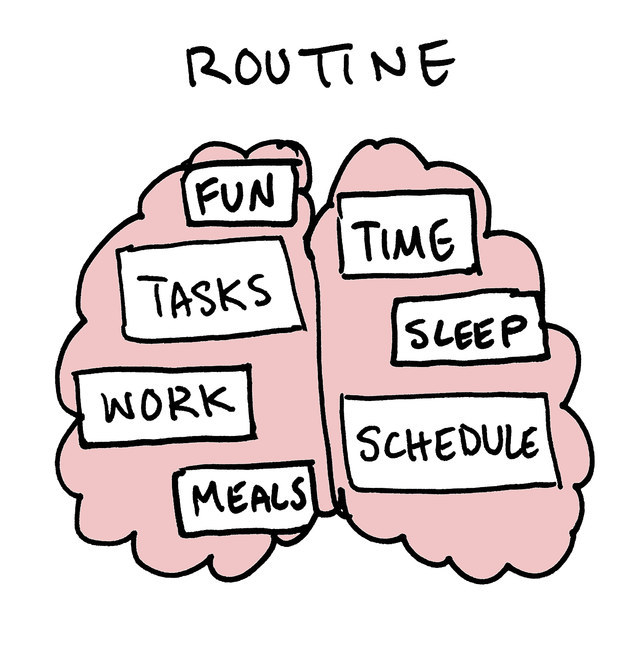The other day I bought a gift for a very special person and asked the shop assistant if she would gift-wrap it for me. She agreed and asked whether the gift was for a male or female. “Female,” I replied. I didn’t pay much attention to her as she wrapped it and then out she came from behind the counter and handed me a bag. That’s when I noticed the wrapping and realised two things:
1. The wrapping did not suit my friend at all and
2. It failed to reflect what was actually within.
I remember feeling annoyed because I hadn’t bothered to pay any attention to the wrappings available, as I’m sure there were other choices. I left the shop feeling deflated after having been so pleased with the find. That night – you must believe me – I continued to fret about the gift and began doubting whether it was appropriate. By morning I had changed my mind and decided that I was not going to gift it all.
It was then I tore the wrapping away to expose its inner beauty. The gift was beautiful and I still loved it as much as I had when I first saw it and it did suit my friend as I had first assessed. My whole problem was the actual wrapping paper. I had failed to see beyond the exterior. It took so much away from what was inside. I decided that yes this was the gift for her and yes I would gift it after all. I rewrapped it leaving part of the gift exposed and tied it with a silk ribbon. The colours were better suited to my friend and the gift half exposed lived up to its whimsical shape and form.
Instantly I felt better about it both inside and out. The gift was finally exposed, it suited the wonderful person who would eventually receive it and it made me proud.
So why am I writing about a silly gift and its ill-suited wrapping?
Because it made me feel the same as when I meet students who don’t get the opportunity to shine. I spent many a sleepless night feeling anxious about students who just don’t love learning. As a teacher I feel that it’s my responsibility to ensure that all my students are given a chance to discover their gifts and talents and once that discovery is made to set up opportunities for them to shine.
We’ve all taught that student whom you just can’t seem to gel with. Who winds you up and makes you feel uncomfortable or annoyed, angry, or sometimes they make you feel you have failed as an educator. That student who constantly disrupts your class, back chats when reprimanded and fails to do any work at all. You’ve tried everything; had a chat with him after class, spoken to his other teachers, called home, perhaps dished out some consequences and still the behaviour continues.
Why?
Well, I think it’s simply because we haven’t torn away the inappropriate wrapping to discover that yes the real person is there. He has just been given an unfair wrap. We haven’t taken the time to learn him.
I encourage all of us to never give up on any of our students, no matter how difficult. Always believe in them, work hard to find the truth, to unearth their talents and interests and then give them as many opportunities as possible to shine. They’ll soon come round and the old wrapping will be disposed; the true beauty of their talents and abilities will shine but only with the love and support of a much better wrapping. These are the strategies you teach them so they can become better learners.
You see, the shop assistant did not know my friend as I do and so the wrapping was all wrong. She didn’t really understand how much I loved that gift and hoped that my friend would too. So really it was my fault for not taking the time to let her know of the wonderful things I saw in the gift and of how much I really care for my friend. So I had to make an extra effort and exposed it for myself. It was only then that I felt I could share it with that friend and, well, celebrate together.
Thanks for reading 🙂


